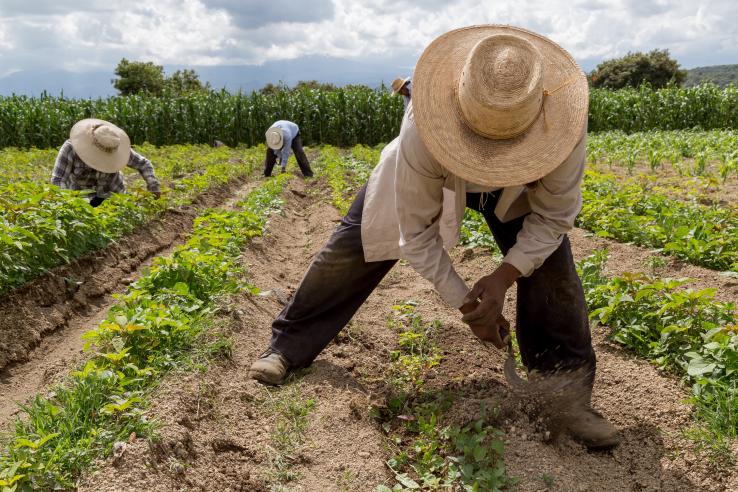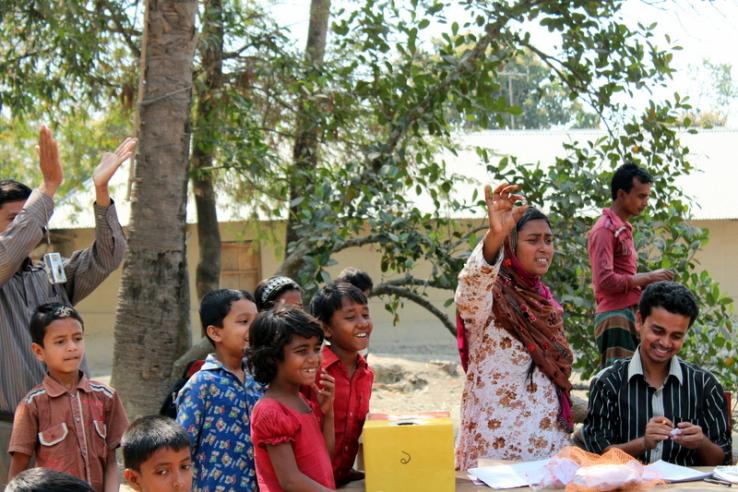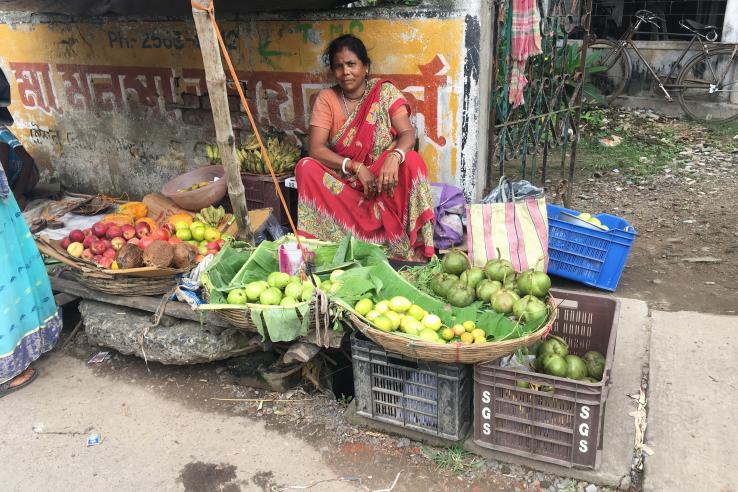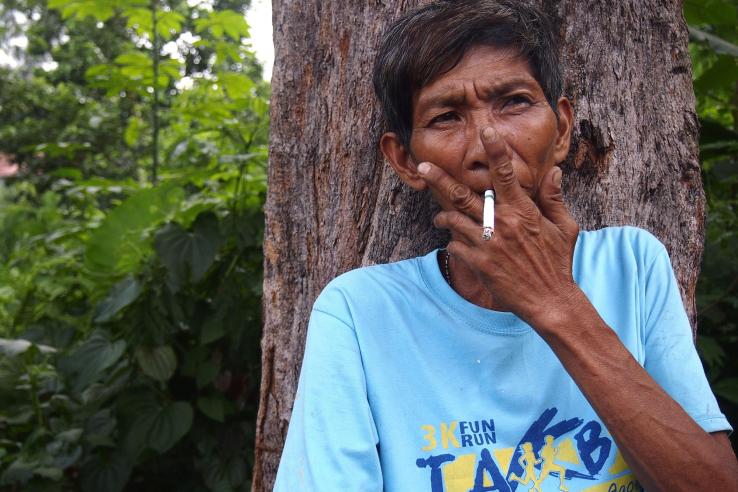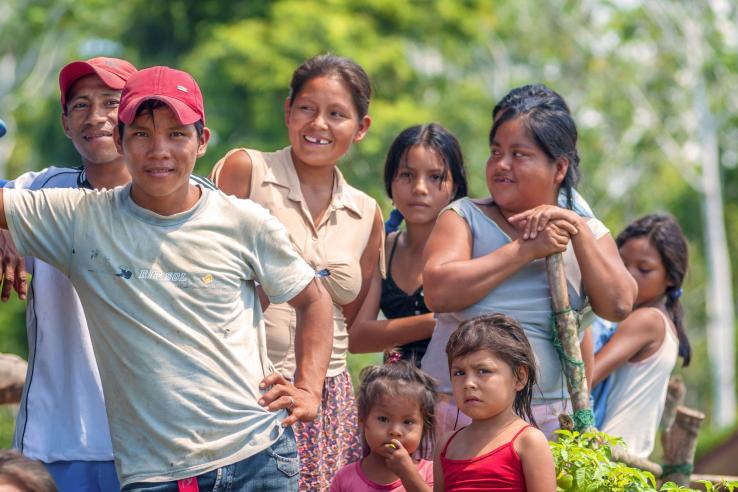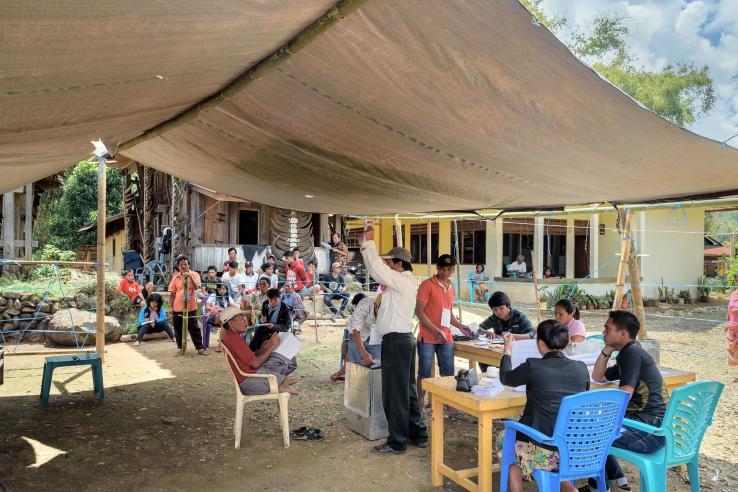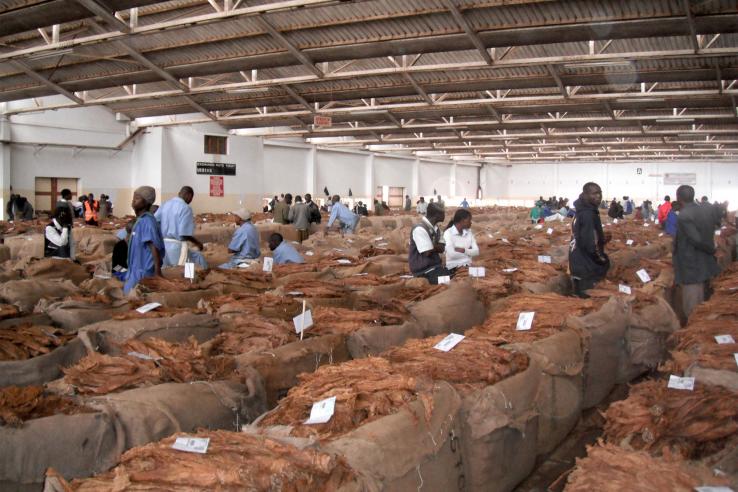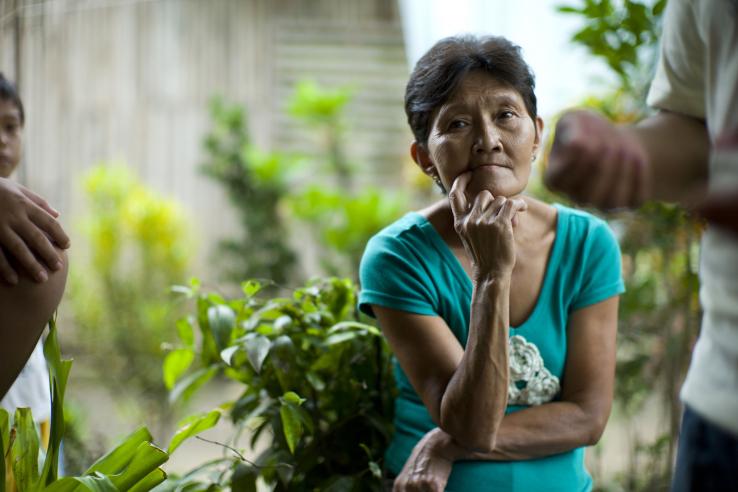Displaying 4276 - 4290 of 8489
Evaluation
Smoking and drinking are two of the most important risk factors explaining early mortality, accounting for an estimated 14 percent of deaths among youth worldwide. In the Dominican Republic, researchers examined the effect of increased schooling and decreased work on smoking and drinking behavior among secondary school-aged boys. Youth with more schooling were much less likely to smoke at age 18 and began drinking at a later age, although by age 18 they drank just as much as boys with less schooling.
Evaluation
In Mexico, researchers conducted a randomized evaluation to test the effect of providing plot-specific or general soil quality analyses and input recommendations, agricultural extension services, and flexible or inflexible in-kind grants on smallholder farmers’ adoption and knowledge of improved practices and fertilizer combinations, yields, profits, and attitudes toward innovation. In the short run, they did not find differences on farmers’ fertilizer adoption when comparing specific and general input recommendations, nor when comparing flexible and inflexible in-kind grants. However, farmers with greater grant spending flexibility had substantially higher adoption of improved practices two years after the intervention ended.
Evaluation
A number of low-income countries subsidize the price of staple foods such as rice in an effort to improve nutrition, and these programs generally enjoy great public support. However, subsidizing staple foods may cause households to shift to their spending to better-tasting foods that are actually less nutritious. In China, researchers analyzed the impact of food subsidies on nutrition and found no evidence of a positive impact. In fact, the subsidies may even have caused some households to consume fewer calories and important vitamins and minerals.
Evaluation
Researchers evaluated the impact of different approaches designed to increase latrine coverage on actual latrine coverage, investment in hygienic latrines, and the prevalence of open defecation.
Evaluation
Researchers worked in Peru to measure the marginal impact of adding business training to a group lending program. The results of this study found business training slightly improved business practices, but had no impact on key business outcomes such as revenue and profit.
Evaluation
As in many other developing countries, children under the age of five in rural Ghana often fail to reach their developmental potential. Researchers there are partnering with the organization Lively Minds to evaluate the impact of a low-cost, play-based learning program on early childhood cognitive development. Preliminary results suggest that the Lively Minds program is an effective and potentially scalable way to improve children’s cognitive and socio-emotional development, health, and school readiness.
Evaluation
Taking advantage of a federal anticorruption program that randomly assigned municipalities to be audited, the researchers compared the electoral outcomes for mayors in two randomly selected groups of municipalities: those that were audited before and those that were audited after the 2004 election. Publicly released corruption audits reduced reelection rates of corrupt incumbent municipal mayors.
Evaluation
Researchers re-examined data from previous studies in Ghana, India, and Sri Lanka to better understand the impact of credit and cash grant variations on micro-enterprise profits. Their results suggest that the gender gap in micro-enterprise performance was not due to ability, but rather to women’s financial resources often being redirected to their husbands’ businesses.
Evaluation
Researchers evaluated the impact of a voluntary commitment savings program that allowed individuals to deposit a self-selected amount of their own money that would be forfeited if they did not quit smoking within six months. Results suggested that individuals who were offered the program were much more likely to quit smoking.
Evaluation
In Peru, researchers attempted to evaluate the impact of a technology-based financial literacy program on microcredit clients’ financial behavior. Low implementation levels led to a discontinuation of the evaluation.
Evaluation
Researchers randomly assigned 49 villages in Indonesia to choose local infrastructure projects through either a direct election or a representative-based meeting. Choosing local infrastructure projects by direct election, rather than through representatives, had a small effect on the types of projects selected but a large impact on citizen satisfaction.
Evaluation
Researchers analyzed the effect of reducing barriers to saving in rural Malawi on savings behavior, investment in agricultural inputs, and consumption. They found that farmers with access to formal savings accounts preserved greater amounts of savings throughout both the harvest and planting seasons.
Evaluation
Researchers evaluated the impact of a door-to-door deposit-collecting service, which regularly collected funds from clients’ homes to be deposited at a local bank, on clients’ savings. Results demonstrated that clients who lived farther from a bank were more likely to take up the service, and clients who took up the service significantly increased their savings.
Evaluation
Researchers used two randomized evaluations, an online survey and a field experiment, to test how personality traits affect responses to persuasive appeals to vote. They found that individuals with high levels of openness were most responsive to a range of appeals.

